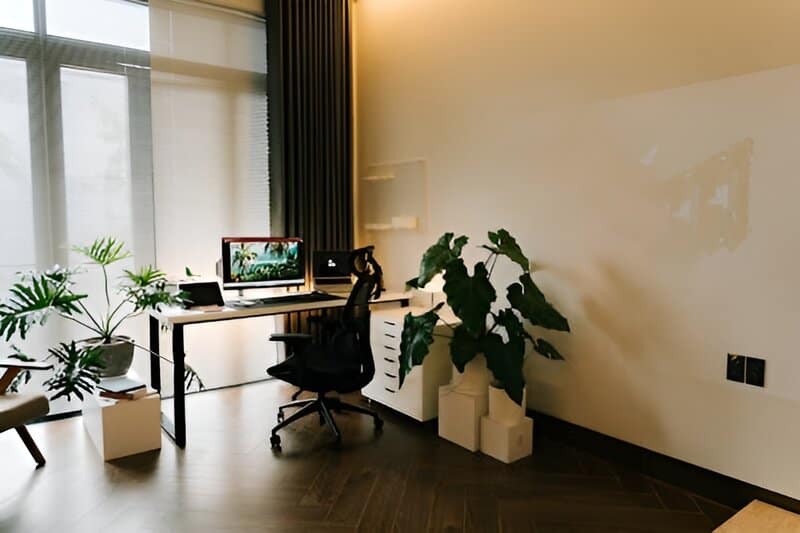The traditional 9-to-5 workday is quietly fading into history. What was once considered the gold standard for productivity is now being challenged by a workforce that values flexibility, autonomy, and well-being over rigid routines. From remote work to gig-based careers, employees are rethinking how—and when—they work best. This transformation isn’t just about convenience; it’s about survival in a fast-paced, hyper-connected world. The pandemic accelerated the shift, but deeper trends—technological innovation, mental health awareness, and generational change—have made flexible work more than just a perk. It’s an expectation. Yet, many companies and HR departments still cling to outdated systems, struggling to adapt to what employees increasingly demand. In this article, we explore the forces reshaping the workplace, the resistance holding some organizations back, and what the future of work truly looks like in a world beyond the 9-to-5.

















